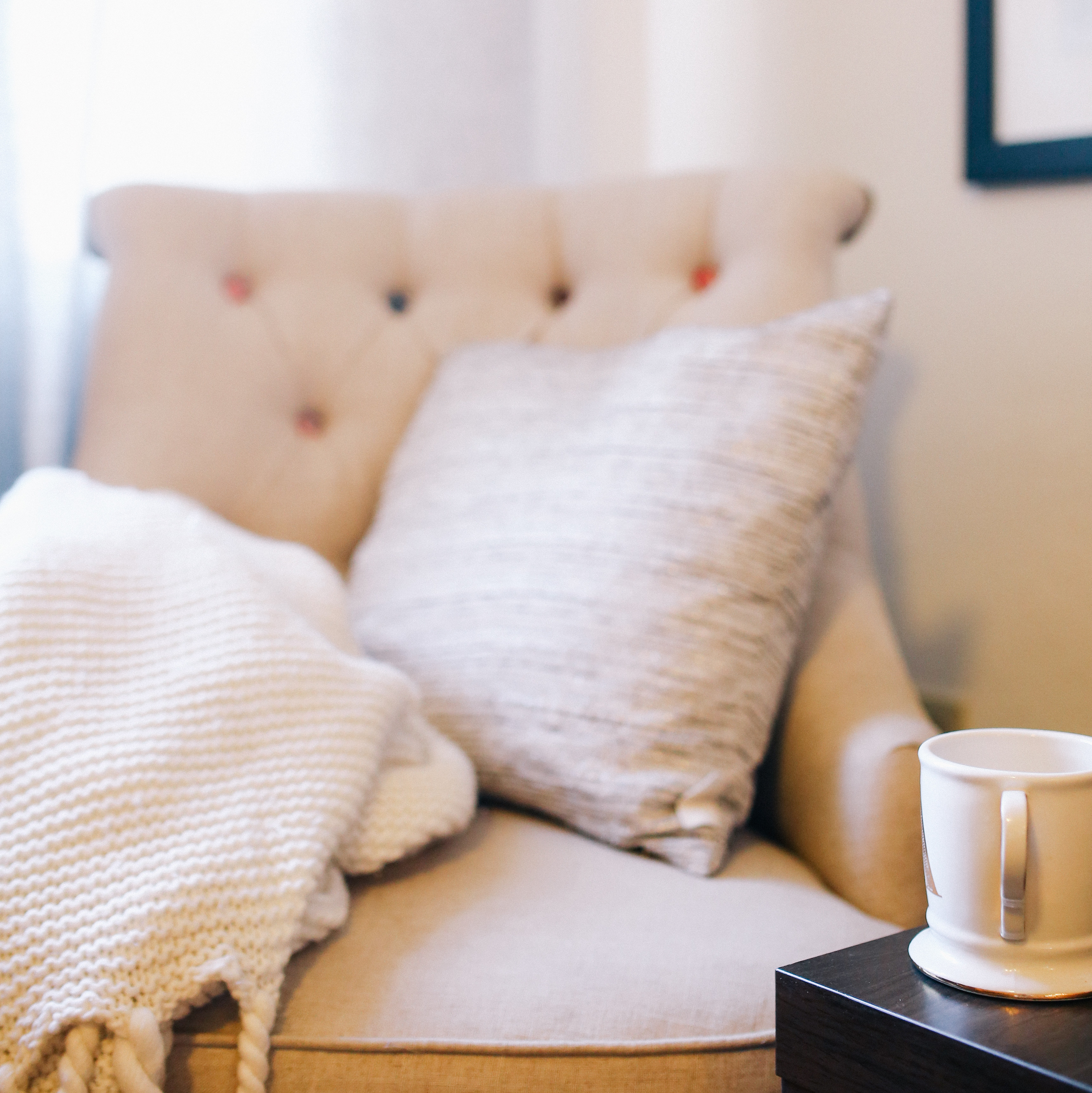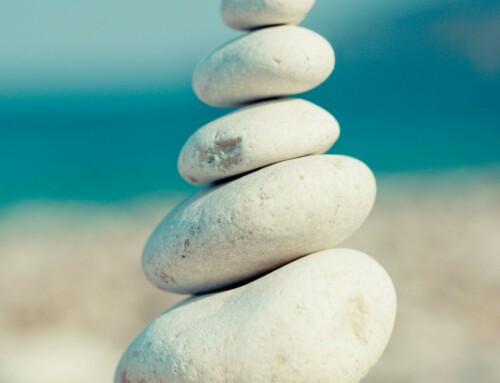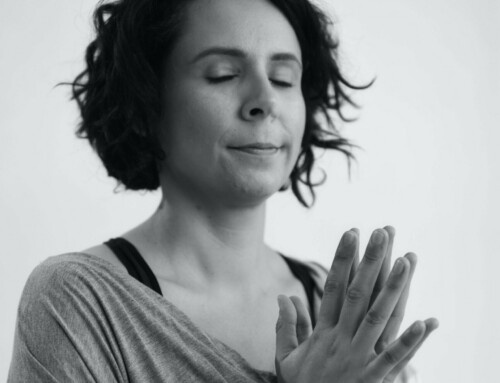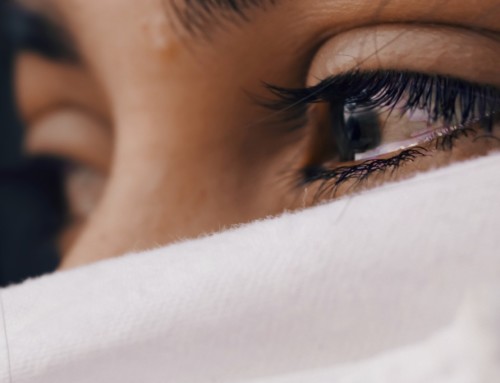These techniques help hit the pause button on stress, calming both mind and body. Just a few minutes a day can improve energy and mental clarity so you can better respond to all of the demands of your day. The techniques here have been shown in studies to reduce stress hormones, heart rate, and blood pressure.
- Abdominal-Diaphragmatic Breathing
Take deep, slow breaths through the nose all the way down into your belly, inhaling for 3-4 second and exhaling for 6-7 seconds. Repeat as many times as needed 100 deep breaths in a row.
- Relaxation Response
Sit quietly for 10–20 minutes at a time, paying attention to your breath (you may need to start with 2 minutes, build to 5, and then keep going)When thoughts bubble up, which they inevitably will, try not to judge them. Practice just letting them go. This is my favorite technique for reducing overwhelm and improving mood. If you can’t sit still, try listening to calming music as you practice. Remember not to judge yourself–our overstimulated brains need to get rewired just a little bit at a time.
- Progressive Muscle Relaxation
Focus on a single body part and try to relax it. Starting with your toes, work your way up, one body part at a time, to your face and head. You might think, “Now I’m relaxing my toes. Now my calves.” Or you might stretch and release each body part as you progress.
Tips:
- Pick your favorite technique and incorporate it as much as possible. Daily is ideal; three to four times per week is great.
- It can be tricky to carve out a free moment, so consider tying it to something you already do–abdominal-diaphragmatic breathing during your shower, progressive muscle relaxation waiting in the line at the grocery store, relaxation response while falling asleep at night.
- Any new habit is toughest at first, so set a daily alarm, in a tone that you find relaxing, on your phone.
If you’re looking for a little extra structure or support, I also love the app “Buddha’s Brain,” which offers a long list of recordings and activities that provide more guidance and variety. I don’t represent “Buddha’s Brain”–I’ve just found it rewarding in my own relaxation practice, and I’m always on the hunt for good tools and new strategies. I’d love to hear about your favorite relaxation tools.














Leave A Comment